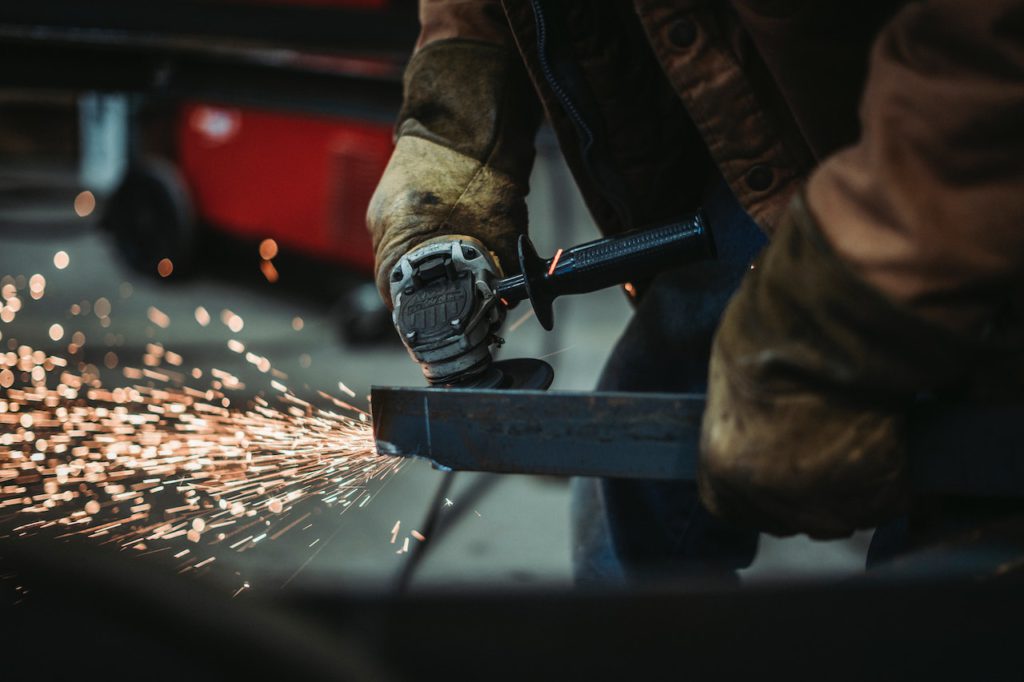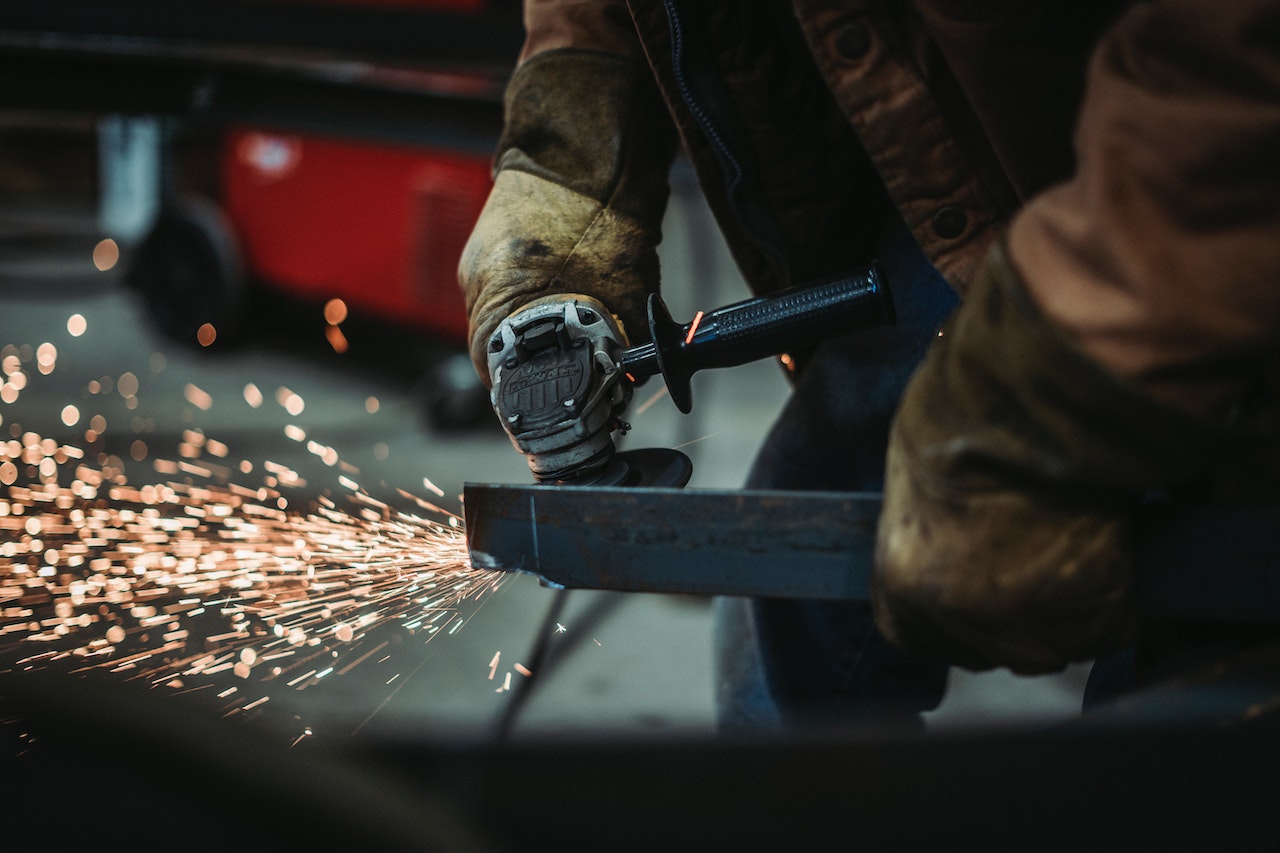The Significance of Mechanical Reasoning Tests in the HR Landscape of the Manufacturing Sector
Moreover, the employment rate in the Manufacturing sector is also increasing. In May 2023, the Manufacturing Employment Index in the United States stood at 51.4. An index value over 50 suggests a positive development in the sector. This indicates that the demand for people in the manufacturing industry is increasing, so companies must stringent the hiring process to find the right talent.
Here’s when mechanical reasoning tests come in handy. They evaluate the candidate’s ability to not only understand but apply fundamental mechanical and engineering principles. So if you’ve been wondering how and why such tests gauge the candidate’s technical proficiency, read on. The article covers everything you need to know.
- Mechanical aptitude reasoning tests evaluate a candidate’s technical proficiency
The manufacturing sector often requires candidates with a solid understanding of mechanical principles and their application. A mechanical aptitude reasoning test helps HR professionals accurately evaluate the candidate’s ability to solve machinery-related problems. For example, a simple gear, if placed incorrectly, will affect the engine’s performance while compromising the safety of those using the machine.
The candidate must have a solid grasp of mechanical concepts to be able to do justice to their job role. Such tests assess the candidate’s comprehension of the principles of mechanics and physics.
A few ways how the test helps screen the candidate better are:
- The questions in the test evaluate their abilities to perceive the equation between mechanical elements and physical forces practically.
- It tests whether the candidate has a strong grasp of mechanical and physical principles.
- It gives you a fair idea of whether the candidate could fit a mechanical or mathematical job role well.
- It ensures that the candidates have the required skills to perform their daily tasks.
Take the help of online platforms offering such aptitude tests. You’ll also quickly find tests based on the JD’s proficiency level. So if you’re hiring a candidate for an entry-level job, you’ll find a standard test, while if you’re looking for a more experienced role, you’ll also find advanced examinations.
- It ensures job fit
One of HR professionals’ most tedious tasks is skimming through hundreds of applications and finding candidates that are a good fit for the job. Mechanical reasoning tests not only help assess the candidate’s technical proficiency but also determine if they possess the required skills and aptitude for specific manufacturing roles.
When you have the assurance that the candidate has the necessary skills for the specific technical demands of the job, the risk of poor performance or mismatched expectations reduces.
For instance, if you want an employee to only look after the mechanical operations, keep a record, and report them to the manager; you don’t need them to perform an aptitude test. However, if you want an employee to manage the manufacturing unit, you must test their management and technical skills via such tests, followed by an interview.

These tests:
- Evaluate the candidate’s critical thinking and problem-solving skills.
- Reduce hiring biases since the candidates are hired based on their performance in the test.
- Provide a reliable indication of the candidate’s potential job performance.
So if you’re looking to hire a candidate who’s an overall right fit for your company, these tests will help you with it. Find the aptitude test that suits your job description and you’re good to go.
- It assesses the candidate’s safety consciousness
Mechanical roles often involve working regularly with heavy and, at times, hazardous machinery or equipment. While mechanical reasoning tests assess your understanding of safety protocols, they also gauge candidates who can identify potential risks and adhere to the safety guidelines.
By doing so, the companies ensure that you prioritize safety in the workplace and mitigate the chances of injuries or accidents.
- The tests present candidates with safety-related issues or use cases to asses
- their problem-solving skills in times of crisis.
- Candidates are asked about the appropriate action or proposed safety measures to mitigate risks.
- Candidates may also be asked to identify potential hazards by looking at the technical diagrams on the test.
- The tests assess the candidate’s knowledge of relevant regulations and standards like managing equipment operation, maintenance, or safety protocols which suggests they’re aware of standard safety guidelines.
While you can directly take up an online mechanical aptitude test, consider customizing tests if need be. Thankfully, the recruitment process is revolutionizing with AI. Many AI-driven tools and platforms streamline the recruitment process, from shortlisting to scheduling interviews. Similarly, you’ll also find assessment software in the aptitude testing.
- It minimizes hiring and training time
Hiring candidates with a solid mechanical aptitude significantly reduces training time and costs. Imagine hiring a newbie, spending a few weeks to months training them, only to find out later that the candidate has left. Scenarios like these cost you money and resources.
While screening a candidate with a solid mechanical hold, they already have a foundation in mechanical reasoning. This helps them grasp new concepts faster and adapt to required machinery and processes in the manufacturing industry. Enhancing employee skill development is crucial for a company, however it’s beneficial if the employee has got the fundamentals right.
A few ways how mechanical reasoning tests help companies save recruitment and training time are as mentioned below:
- Since the tests skim candidates with good understanding of mechanical concepts, it ensures workplace safety.
- The overall efficiency of the company improves; resulting in more output and less cost.
- Since the candidates are aware of potential risks and damages, it reduces the likelihood of mishaps and errors.
- By identifying the candidate’s strengths and weaknesses through tests, you can tailor training programs in areas they are weak.
Incorporating mechanical reasoning tests into HR processes helps you optimize the recruitment process, prompt problem-solving capabilities within the workplace, and enhance the chances of hiring the right candidate.
It’s time to identify and hire the best talent
If hiring technicians or machine operators, ensure you use a Mechanical Reasoning test.
Taking domain assessment tests saves you a lot of time as they let you evaluate the candidate’s skills before inviting them directly for an interview. Moreover, you reduce the chances of hiring the wrong candidates in the future, which may hurt your business.
Do some research to find a platform offering Mechanical reasoning tests to find
applicants with accurate mechanical reasoning skills easily. So what are you waiting for?
It’s time to start hiring the simple and smart way today!









